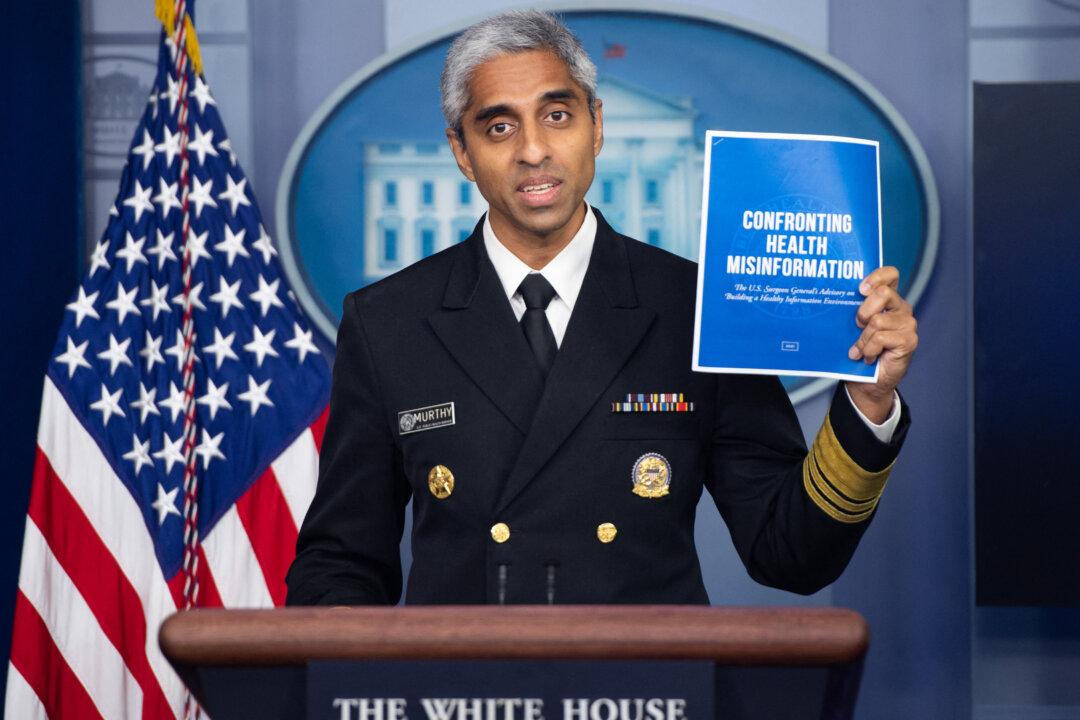A federal judge on Dec. 7 ruled that three high-ranking officials within the Biden administration will not be required to testify under oath at depositions in a lawsuit that alleges federal government collusion with Big Tech companies to censor users.
U.S. District Judge Terry Doughty in October ordered the depositions of Surgeon General Vivek Murthy, Cybersecurity and Infrastructure Security Agency (CISA) Director Jen Easterly, and Rob Flaherty, a deputy assistant to President Joe Biden, as part of a lawsuit brought in May by Republican Attorneys General Eric Schmitt of Missouri and Jeff Landry of Louisiana.




